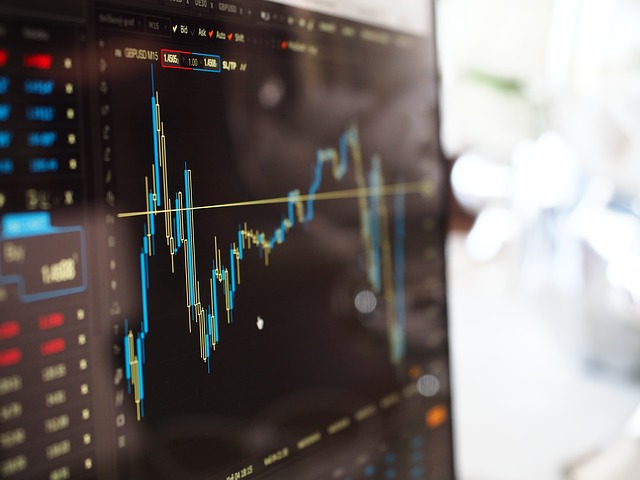HINDI NAG-IMPROVE? PH 20 points lower in global energy sustainability ranking
- September 17, 2019
- 0

The Philippines also lost its top spot in environmental sustainability, dropping to 68th place.
The country also dropped to 102nd place in energy equity and 48th in energy security.
In the Southeast Asian region, the Philippines ranks the lowest among all established countries, beating only Myanmar and Cambodia in the ranking.
Other ASEAN countries’ ranking are: 43rd place for Singapore, 51st spot for Malaysia, 56th place for Brunei Darussalam, 68th for Thailand; 69th place for Indonesia; and 91st place for Vietnam.
Myanmar and Cambodia c
opped the 104th and 105th places respectively.
The World Energy Council (WEC) noted that the two countries’ ranking “to have demonstrated greatest overall improvements,
” noting the 30 percent to 40 percent rise from their then rankings.
The WEC trilemma index serves as a guide to energy markets in the world, reviewing their performance in terms
of energy services and access to their people. It includes overall ener
gy sustainability in their planning as well as realization of infrastructure investments.